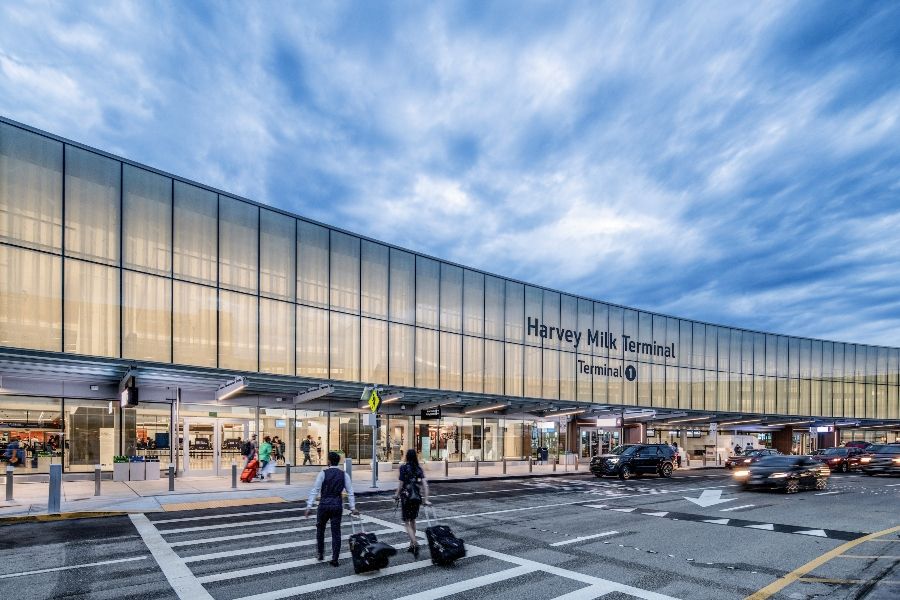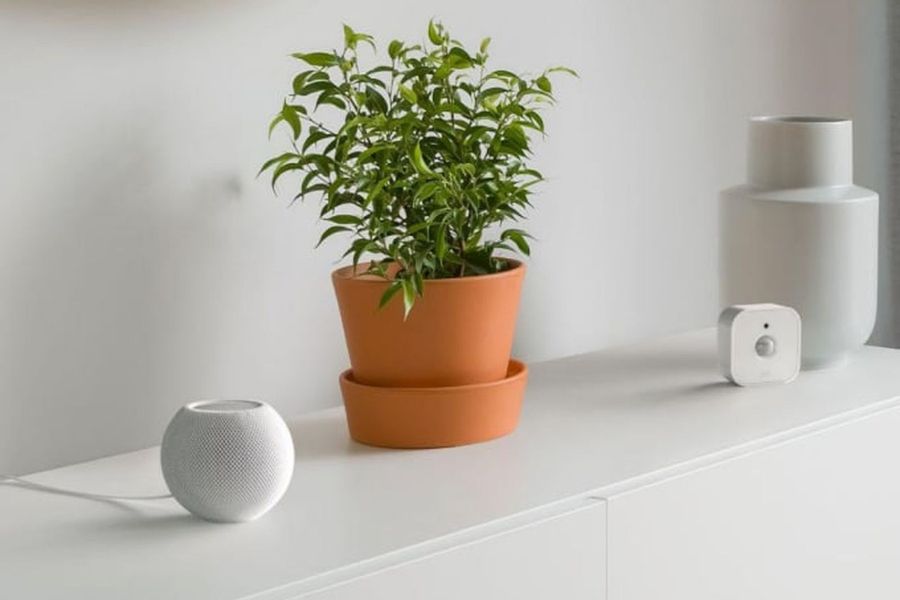Businesses are hoping that a return to offices for their workforce offers them a breath of fresh air from pandemic quarantine air, literally. We’ve long known about the value indoor air quality has for health and wellbeing, but for many, the pandemic has reacquainted workers and businesses with that value. Many businesses, therefore, are already fine-tuning indoor air quality control systems in response to the return of workers to offices, and experts are weighing in on what options they have.
According to Amy Satterfield, a consultant with the Institute of Environmental Assessment, the best place to start, she says, is working with what is already present. “There’s a lot of facilities with really great systems that just need to be verified and checked, and there are a lot of systems that are maybe installed incorrectly.”
Many systems often cannot handle the rigors of high-efficiency filters. In certain cases, installing these filters on existing units causes the motors to burn out or even block air flow entirely. In this regard, Satterfield says that portable air filters, are great options for companies.
Dan Tranter, the indoor air supervisor for the Minnesota Department of Health, voices a similar opinion, stating that there are many different air disinfection systems on the market currently, and many companies need to do their due diligence in order to find out which is right for them.
To prepare for his workforce’s return, Tim Cembura CEO of LuminFire, purchased a compact, portable high-efficiency particulate air (HEPA) filtration unit from ISO-Aire, a St. Paul-based company. Up until recently, Luminfire’s employees have been working from home like many others, leaving the ultra-modern, open-floor office space empty.
“Something magical happens when people are actually meeting face-to-face…It’s an investment we made in the health of our employees and the health of potential clients. When they come in and they see that this unit is here, they just know that we care about them,” says Cembura, as reported by Twin Cities Pioneer Press.
“We kind of tend to take for granted the air we’re breathing, and now there’s a little more attention on this issue,” says Tranter, who, as someone who has long focused on clean air, believes more people thinking about air quality is a good thing.








